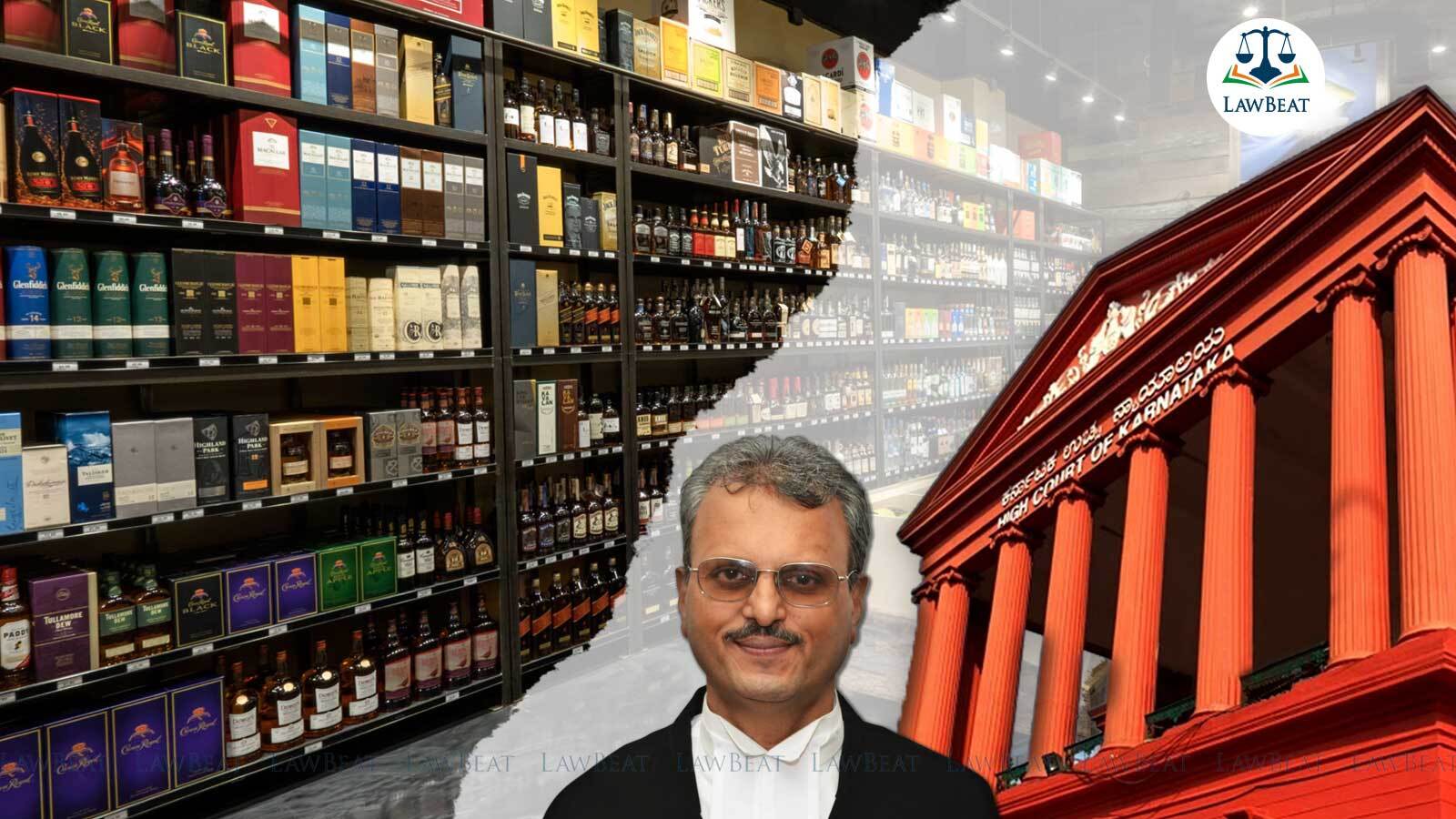'Mere possession of liquor bottles without knowledge of it being unlawful is not an offence': Karnataka High Court

Justice Prabhakar Sastry of Karnataka High Court has held that persons found in possession of liquor bottles without lawful authority, cannot be held guilty unless it is established that they have the knowledge that it is unlawful.
The above was held in a case where two persons were found to be carrying in total 66 (sixty-six) bottles of three varieties of whisky at Anantharamaiah Circle, Malavalli in Karnataka. Since the place is a public place, the police alleged that these persons had committed offences punishable under Sections 32 and 34 of the Excise Act. The trial court passed an order convicting both these persons.
Before the High Court, it was argued that the conviction of the accused by the Trial Court is solely based upon the evidence of the two Police witnesses. It was argued that the independent witnesses have not supported the case of the prosecution, and the judgment of conviction and order on sentence passed by the Trial Court which was further confirmed by the learned Sessions Judge’s Court deserves to be set aside.
The counsel for the state contended that merely because the witnesses who supported the case were Police witnesses, and their evidence could not be doubted or discarded. The prosecutor argued that their evidence was also supported by documentary evidence like the seizure panchanama and the seizure of the articles under the panchanama. He further submitted that the Police had no reasons for falsely implicating the accused persons. Merely because the independent witnesses have not supported the case of the police, the judgment of conviction and order on sentence passed by the Trial Court cannot be held to be erroneous, he had said.
Court observed that in the facts of this case even though the prosecution was able to establish that the accused were in possession of few varieties of whisky and they could not produce any documents including any licence or permit but it failed to prove that the accused had the knowledge that the articles which they were possessing and carrying were unlawful.
The court took note of the fact that in order to constitute an offence under Section 34 of the Excise Act, it is not just sufficient to establish that a person was found in possession of some liquor without lawful authority, it is also equally necessary to establish that he should have the knowledge that it is unlawful.
It was further observed that, apart from mere possession, the knowledge regarding procuring those articles in an unlawful manner or non-payment of the duty upon the articles in his possession are also necessary ingredients that necessarily have to be proved to convict the accused for the offence.
It was observed that the Trial Court, merely based on these facts that the accused were found in possession of whisky bottles, jumped to a finding that, the accused had committed the offence. Court noted that there was total absence on the part of the prosecution proving the knowledge on the part of the accused at the time of committing the alleged offences. Court held that in the light of the above, the judgment of the trial court was proved to be uncalled for and perverse.
Court thus found the accused persons not guilty of having committed any offences under the Excise Act.
Case title: Nagaraju Vs State of Karnataka
